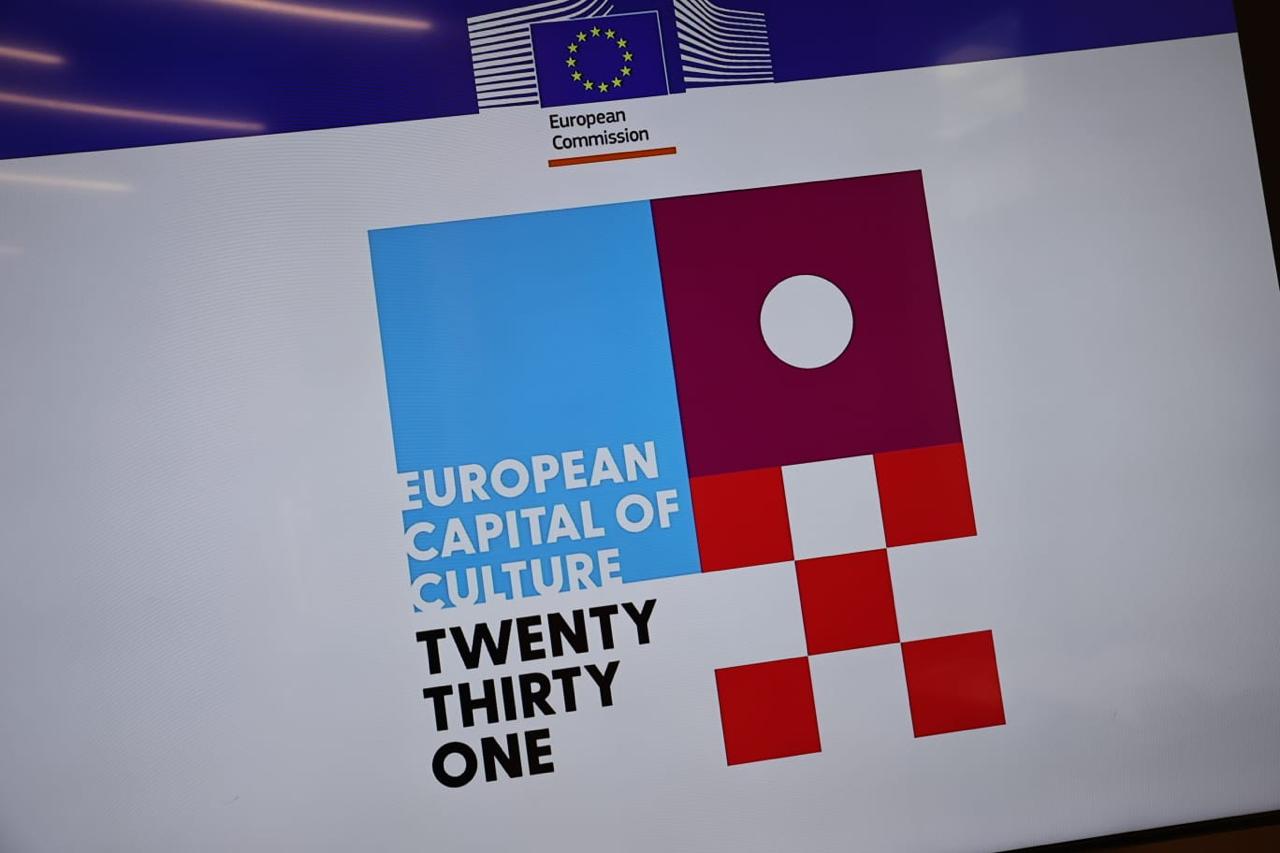Information Session Held at Valletta Design Cluster in collaboration with the European Commission
Sylvain Pasqua, Senior Expert and Team Leader for the European Capital of Culture action on behalf of the European Commission, attended the session and praised Malta’s proactive approach. “Malta is well-prepared and ahead in the process,” Pasqua noted, highlighting the island’s commitment to cultural development.
The session featured addresses from several prominent figures, including the Minister for National Heritage, the Arts and Local Government, Owen Bonnici, who underscored the importance of cultural investment for community growth. Catherine Tabone, CEO of the Valletta Cultural Agency, shared insights on the importance of administrative structures and ongoing preparations in the run up to 2031. The former Head of Programming and Production of the Valletta 2018 Foundation, Joanne Attard Mallia, spoke about the design and implementation of the Cultural Programme for Valletta 2018. Artistic Director of Teatru Malta and former Assistant Artistic Director for Special Events at the Valletta 2018 Foundation, Sean Buhagiar, discussed the role of theatre in engaging diverse audiences, while Dr Georgina Portelli, Deputy Chair of MICAS, emphasised the importance of collaboration across cultural sectors and of working towards creating the necessary infrastructure.
Jason Micallef, Chairman of the Valletta Cultural Agency, reflected on Valletta’s transformative experience since its designation as the European Capital of Culture in 2018. “This journey has been about creating something lasting. It’s about more than just the year 2018—it’s about building a legacy of creativity, inclusivity, and resilience,” he stated.
Micallef emphasised the vital role of culture in revitalising Valletta, transforming it in terms of cultural vibrancy into a dynamic hub for artistic expression. “Culture was our rallying cry,” he explained, recounting how the city became a canvas for creativity, turning streets and squares into vibrant spaces for engagement.
The session also provided an opportunity for participants to learn about upcoming initiatives, fostering collaboration and dialogue among various cultural actors. Attendees were encouraged to take an active part in shaping Malta’s cultural landscape leading up to 2031.
As Malta embarks on this new chapter, the legacy of Valletta 2018 continues to inspire, driving a collective vision for a culturally rich and inclusive future.
